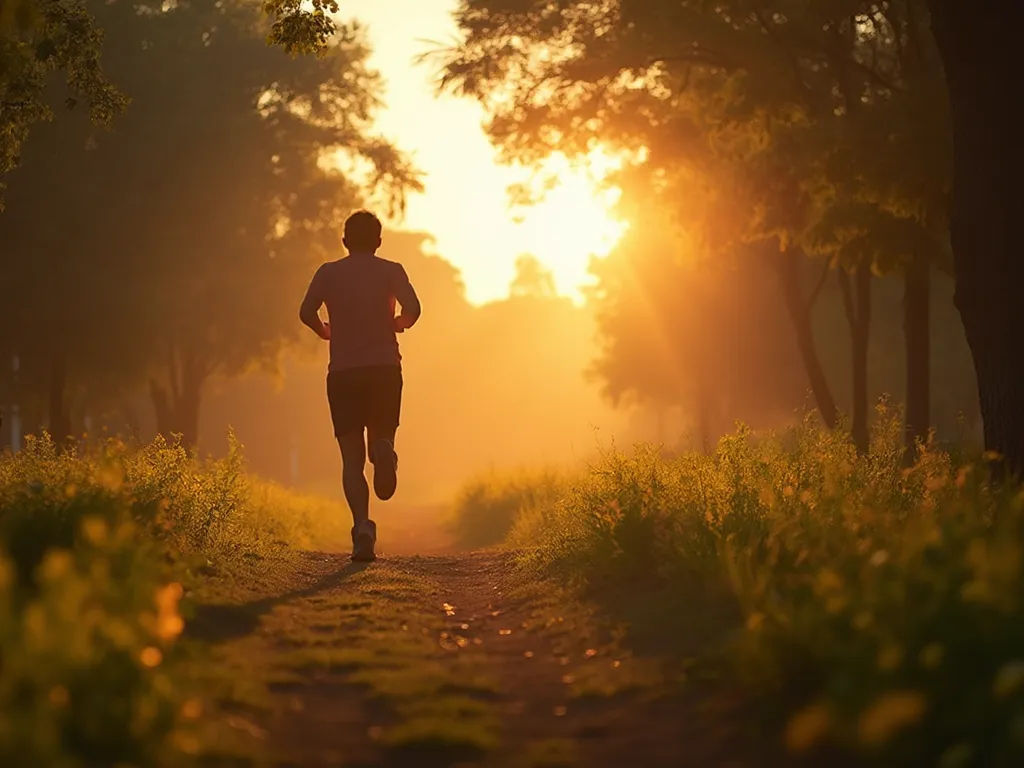Anxiety is an inevitable part of life for many people, and it can range from manageable to overwhelming. In fact, research shows that 31.1% of U.S. adults experience an anxiety disorder at some point. While anxiety was once a useful survival mechanism, it can become a serious issue when it starts affecting day-to-day living. The good news? There are strategies to help control anxiety and improve your mental health.
1. Focus on One Thing at a Time
One of the hardest parts of anxiety is feeling overwhelmed by too many worries at once. Personally, I’ve found that it helps to slow down and zero in on just one concern at a time. Whenever I start to feel anxious, I break things down by asking myself: What exactly is making me feel this way? Are my concerns rational? This method of narrowing down your worries can help you approach them more calmly, and it makes those anxious thoughts less powerful.
2. Improve Your Sleep Habits
If there’s one thing I’ve learned, it’s that sleep plays a huge role in managing anxiety. When I don’t get enough rest, everything feels ten times harder. To get quality sleep, I’ve started following a consistent bedtime routine, including cutting down on screen time before bed. Blue light from devices can suppress melatonin, the hormone that helps you sleep, so I’ve replaced that pre-bedtime scroll with a book or some light stretching. Having these small nighttime rituals helps signal to my brain that it’s time to unwind.
Research supports the importance of sleep for mental health, and good sleep hygiene can go a long way in easing anxiety. Whether it’s reducing caffeine intake or setting up a calming environment, optimizing your sleep is a step in the right direction.

3. Exercise to Relieve Anxiety
Exercise is another game-changer. Aside from the physical benefits, regular exercise helps me manage anxiety by keeping my mind focused on the present. It’s a mental reset, bringing me out of anxious thoughts about the future or past. Science backs this up—exercise stimulates the production of endorphins, the body’s natural mood elevators. Studies have also shown it helps the hippocampus, the part of the brain that regulates stress.
Even a simple walk outside can make a huge difference in how I feel when anxiety starts creeping in. Physical activity, no matter how small, gets me out of my head and into the moment.

4. Take Breaks and Practice Mindfulness
On days when anxiety feels like it’s taking over, I’ve found that stepping away from everything is essential. When I feel my mind racing, I take a break—not to reach for my phone but to reset properly. Whether it’s going outside for fresh air or meditating for a few minutes, these mindful moments help me shift focus and ease the tension.
Journaling is another tool that’s worked wonders for me. When anxiety is high, writing down my thoughts gives me clarity. Instead of letting anxious “what ifs” swirl around in my head, I can see them on paper, often realizing they’re not as bad as they seemed. From there, I’ll pick one worry and take small steps to address it. This approach makes those worries more tangible and less overwhelming.
5. Practice Gratitude
One thing anxiety does is make it hard to see the good things in life. It tends to pull you into worst-case scenarios, blinding you to the positives. That’s why practicing gratitude has been such a powerful tool for me. By taking time to appreciate even small victories or comforts, I shift my mindset away from anxious thoughts and toward more calming ones. Gratitude doesn’t fix anxiety, but it does help balance out the negativity that comes with it.
6. Explore Treatment Options
While lifestyle changes can be incredibly effective, sometimes anxiety requires more support. For some, therapy or medication might be necessary to manage severe symptoms. Cognitive Behavioral Therapy (CBT) is a common treatment that helps people reframe anxious thoughts, and in some cases, medications like selective serotonin reuptake inhibitors (SSRIs) can be effective.
However, treatment is personal. Some people find relief in therapy, others in medication, and many through a combination of both. If anxiety becomes too much to handle alone, reaching out for professional help is a crucial step.





